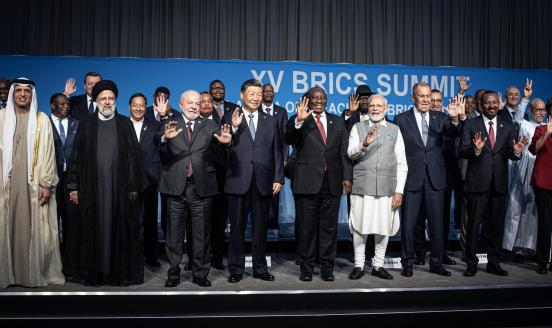Chinese economic statecraft: what to expect in the next five years?
Chapter from 'Storms Ahead: the Future Geoeconomic world order' on the expectations from the next five years of Chinese economic policy, published on
This is an extract from a chapter by written by Alicia García-Herrero for 'Storms Ahead: the Future Geoeconomic world order', edited by Johann Strobl and Heiko Borcher.
China’s Achievements After 100 Years of Single Party Rule
The start of economic reform under Prime Minister Zhu Rongji and President Deng Xaoping in the late 1980s was widely seen as the turning point for the trajectory of Chinese economy. Key to the reform was the increased private ownership of the production of goods and services as well as the opening to trade and foreign direct investment. The reason for the push toward private ownership is not so much ideological – China remains a socialist country – but pragmatic. Private-owned enterprises’ (POEs) return on assets has remained stubbornly higher than that of state-owned enterprises (SOEs) – and not just centrally owned state enterprises but local state-owned companies, too. More importantly, state-owned companies having undergone partial private privatization, and the so-called mixed ownership companies also tend to have high returns on assets. In other words, China’s economic success cannot be understood without the dynamism of its private sector and its openness to the rest of the world.



